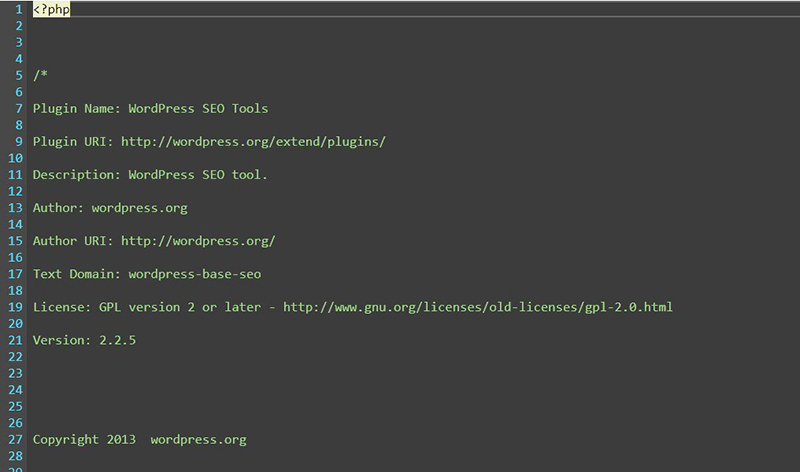Over the last year or so, as we have seen and heard more about the web security company SiteLock’s practices, it has become more clear that a lot of what they are doing can reasonably described as scamming. Take for example a recent issue brought up on the customer complaints section of their BBB page, which starts with the complainant being contacted by one of SiteLock’s sales people (who are commissioned, which will be relevant in a moment):
The… details are as follows: I spoke to someone back in October after Sitelock called me warning that I needed more security on my websites. Sitelock was very persistent, with an employee calling me and leaving messages daily until I finally agreed to speak with him. After being convinced that there was a danger to my domain during a very long conversation with one of the employees, I agreed to move forward although the price seemed outrageous, and was then passed on to the billing department.
All of this sounds like numerous other stories we have heard when people contact us after interacting with SiteLock (most of them have luckily avoided signing up for something from SiteLock before contacting us to get a second opinion) and we have read online. A legitimate security company wouldn’t keep calling someone like this, but a commissioned sales person is likely mainly interested in getting a commission, not in what a legitimate security company would do.
Based on that what comes next isn’t surprising, but it is interesting that others at SiteLock are clearly aware that something wrong is going on:
The woman at the billing department actually pointed out to me that my sites were hosted on Shopify, and therefor would not be eligable for Sitelock security as they were being hosted by Shopify’s own very protected servers and were actually not at risk in any way, nor could Sitelock be of use to me. She told me I did not need the service I was sold.
There is something quite wrong when the billing department seems to be more aware of whether some can use services than the sales people that are selling them, which gets back to the issue of scamming going on (the sales person gets a commission whether the service is used or not).
Unfortunately, that didn’t end their interaction with SiteLock:
I chose to believe that the original employee who called me telling me my sites were in danger was not intending anything dishonest, but that he didn’t realize where my sites were hosted and gave me the wrong information. I no longer think this was an honest mistake after being repeatedly charged. I told the woman in billing that, obviously, I agreed that I did not need to go through with the subscription, and it was cancelled. Since that time, I have been repeatedly billed, totalling $1023.99, and I’m sure I will again be billed next month as Sitelock has not responded to my requests for refunds and termination of any services.
This isn’t the first time we have heard of how hard SiteLock makes it to cancel services once they have gotten you signed up, which seems quite intentional at this point.
Part of SiteLock’s response to this is rather incredible:
We always put our customers first, and strive to deliver exceptional customer satisfaction.
Do they think that people will believe that selling a very expensive service that someone didn’t need based on what seem to be lies, is in anyway putting customers first?
It appears this customer was able to get the situation resolved to their satisfaction, so if you are in the same situation it looks like filing a complaint with the BBB could resolve the issue (if it does, please let us know in the comments section below). You should also make sure to leave a review there as well, so people looking into their service know what is really going on.



